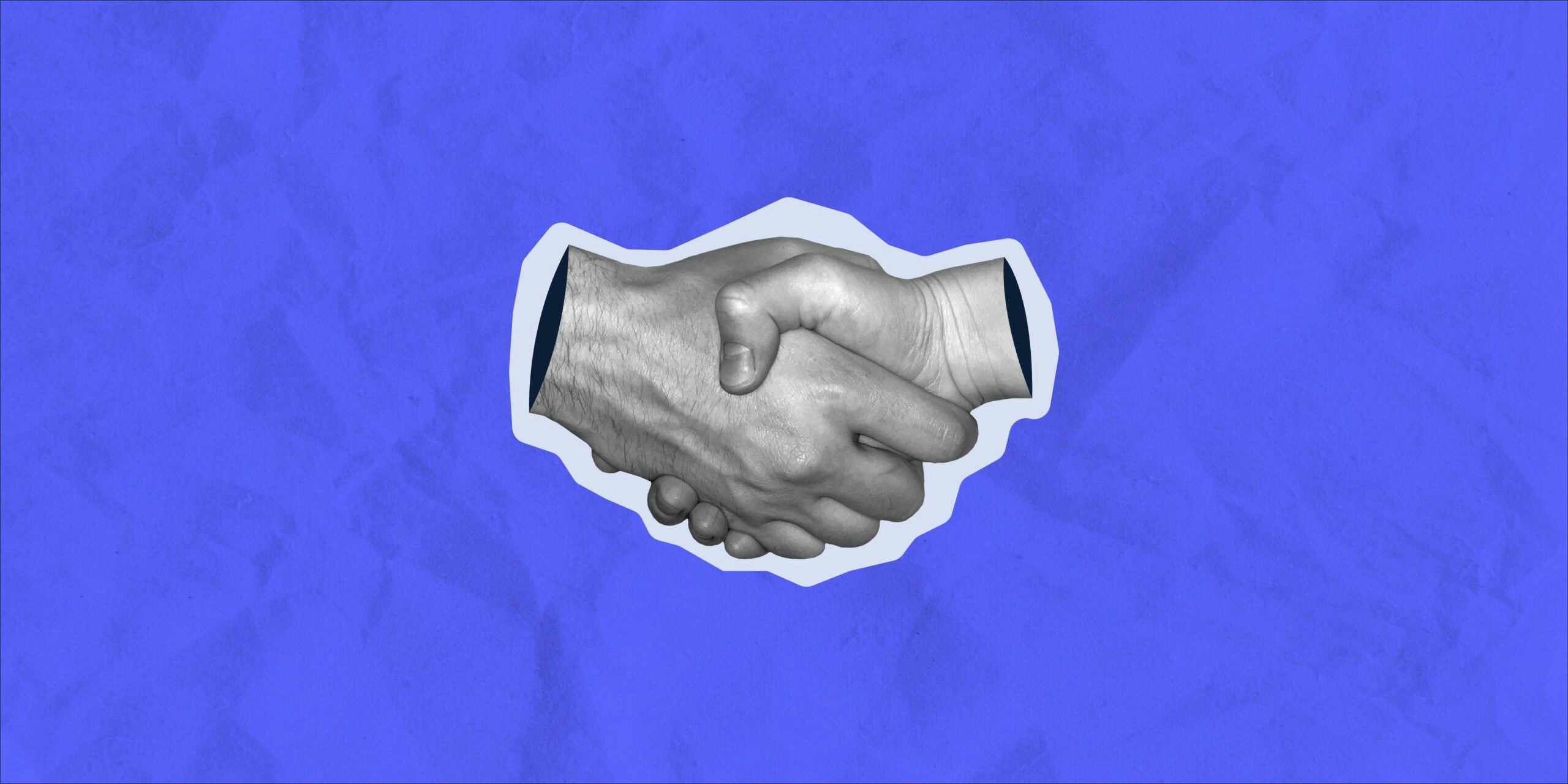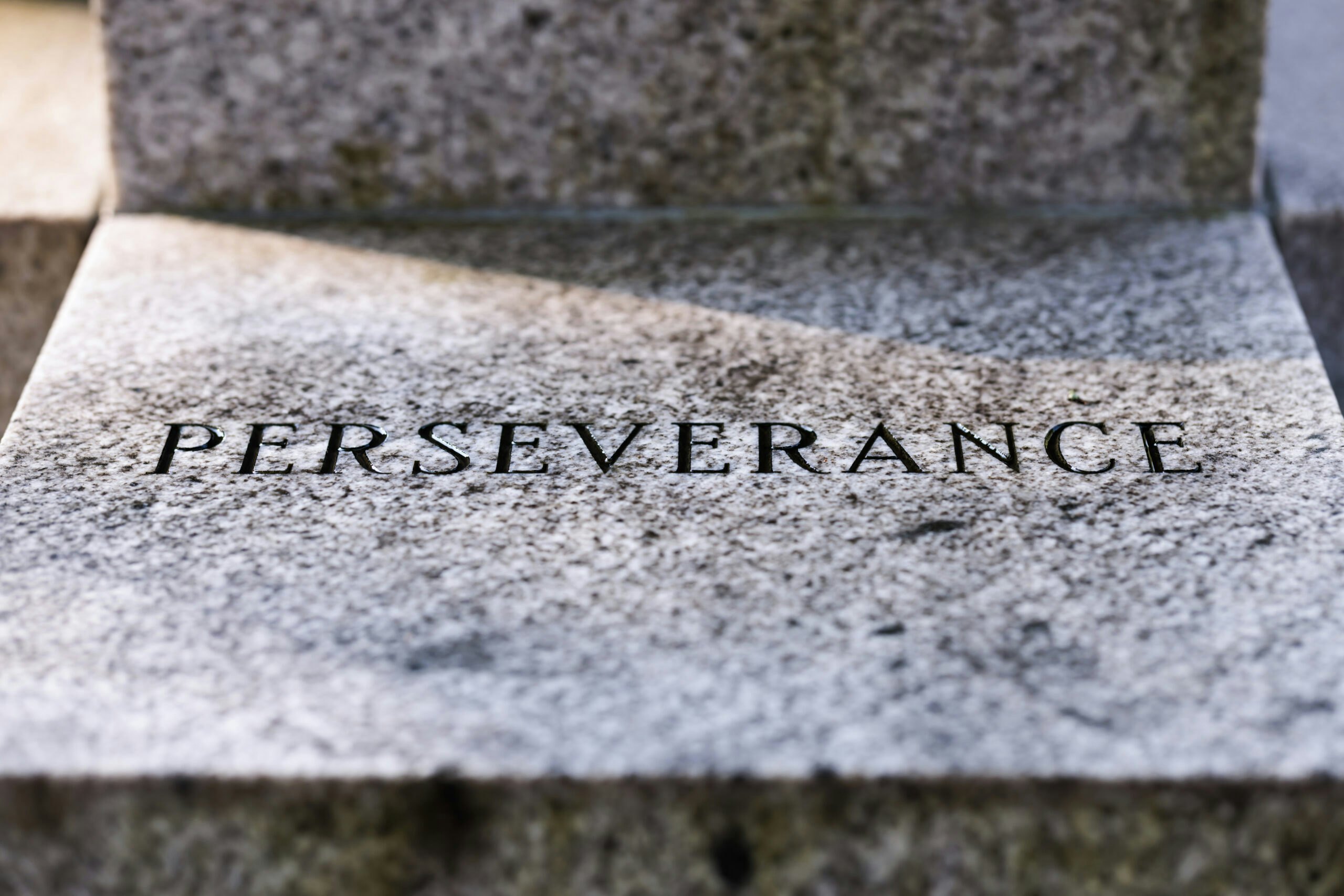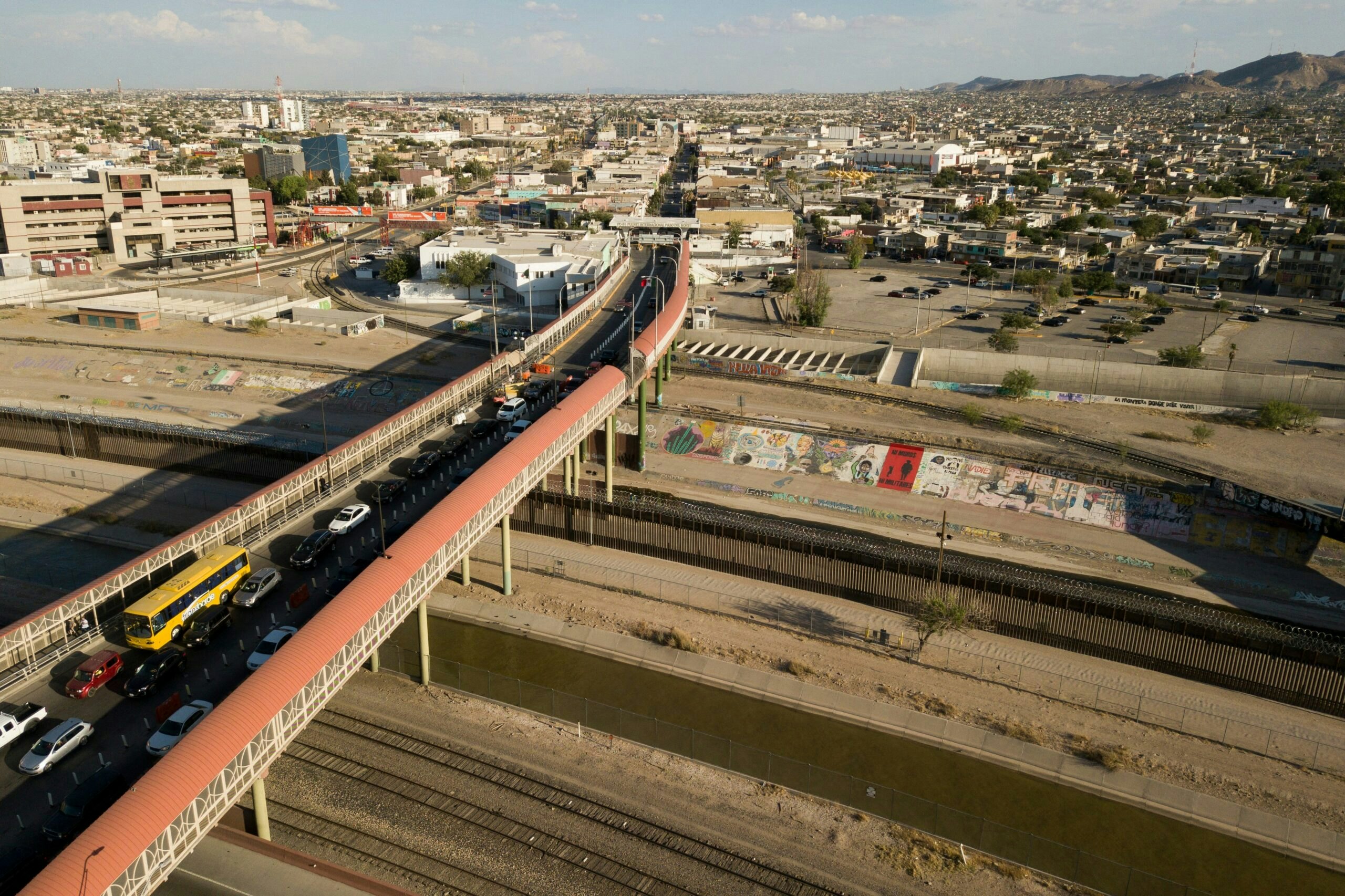Earlier this year, I traveled with two close friends to the beaches in Normandy, France, where U.S. and Allied soldiers landed on June 6, 1944. Our D-Day tour – a life-changing pilgrimage I wish every American could experience – gave me new perspectives on issues I address in my work at the George W. Bush Institute and SMU.
While I am grateful this Thanksgiving week, as always, for the material abundance our nation enjoys and the many blessings of my own life, visiting the D-Day beaches and walking the sacred ground of the American and British war cemeteries filled me with gratitude for something more specific: the courage and sacrifice of all who fought and won World War II and the arc of American history that followed that all-important moment.
D-Day was more than the pivotal battle of America’s engagement in World War II. It was a decisive hinge point in our nation’s history. The United States made world-changing decisions in the immediate aftermath of victory in Europe and the Pacific: to commit itself to global scientific, technological, and economic preeminence; to lead the world in building an international economic order founded on free enterprise and the rule of law; and to help defend and advance the cause of political and economic freedom around the planet. These decisions played a central role in sparking the greatest period of growth in human well-being the world has ever known – an era that continues to this day.
This outcome was not inevitable.
This became clearer to us as we stood on Omaha Beach, where a handful of troops who somehow made it ashore found the courage and resourcefulness to overcome brutal enemy defensive positions and turn the tide on what could have been a catastrophic defeat. And at Point du Hoc, where Army Rangers scaled vertical cliffs on ropes under withering fire to capture a site vital to the whole invasion. We saw La Fiere and Pegasus Bridge, where American and British airborne forces seized key bridges and held them throughout the day against repeated counterattacks by larger and better armed enemy forces, blocking the Third Reich’s best opportunity to repel the invasion.
If the men of D-Day had faltered and the invasion had failed, history might have taken a very different course. Nazi or Soviet forces may have controlled Europe for decades thereafter, with incalculable consequences.
Remembering this history is vital, in part because it counters a false and poisonous narrative that has taken hold in recent years – that the material well-being enjoyed by ordinary Americans has been declining over the last 40 to 50 years. Despite occasional setbacks, well-being as measured by material living standards, health, educational opportunities, economic freedom, and legal rights has risen dramatically in the United States since 1944 and also over the most recent several decades.
James Pethokoukis of the American Enterprise Institute argues that America today has too much left- and right-wing thinking and not enough “up-wing” thinking. Up-wingers emphasize the tremendous benefits that economic freedom and technological progress have brought the American people. They’re optimistic about what these twin forces will help Americans accomplish in the future, and they promote policies to expand freedom and accelerate economic growth. By contrast, Pethokoukis argues, America’s political parties have become disturbingly “down wing” – backward-looking, nostalgic, pessimistic, and angry.
The Bush Institute is firmly in the up-wing camp. We’re thankful for the spectacular arc of progress America has experienced since the United States and its allies won World War II. We recognize that the work of building a more just society and improving human well-being is never finished, that many Americans worry about the possible direction of the country, and that murderous dictatorships continue to threaten freedom around the world – as the Russian war in Ukraine reminds us. But we’re as optimistic as ever that life will continue to improve for Americans, provided we keep expanding the scope of freedom and allowing technological progress.
As an economist, I’m thankful to play a role in this work. I’m also thankful that we have the privilege of debating second-tier questions like the optimal levels of public-sector spending and tariffs, rather than having to focus all our energies on how to save the world from genocidal tyrannies like the Third Reich. If we’re mostly talking about the former and not the latter, we’re doing pretty well.
For this privilege we should give thanks for the heroes of D-Day – and all who sacrificed to win World War II and put America on the path to all we enjoy this Thanksgiving.






























